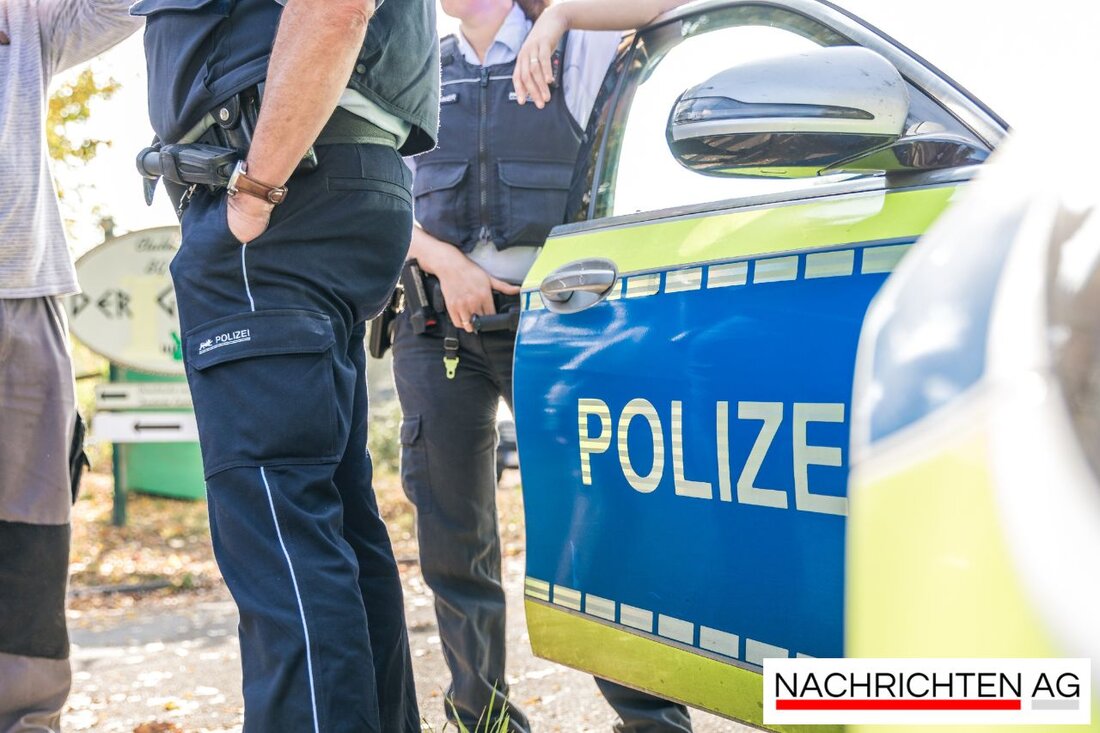Erfurt commemorates: 50 years after brutal riots against Algerians
Erfurt commemorates the racist riots of 1975 that were directed against Algerian contract workers.

Erfurt commemorates: 50 years after brutal riots against Algerians
A dark chapter of Germany's past is coming to life in Erfurt these days, because 50 years ago, in August 1975, massive racism erupted in an unprecedented form. At that time, up to 300 young people from Erfurt chased 25 Algerian contract workers through the city center over three days and committed brutal attacks that ended up in hospitals for many of the refugees. These riots are considered the first of their kind in Germany after 1945 and show how deeply rooted racism was even in a supposedly anti-fascist society. Deutschlandfunk reports that the violence was triggered by fabricated allegations of alleged rape that incited the population against the Algerian workers.
From August 10th to 13th, chaos broke out in Erfurt. Racist rumors and misunderstandings led to a wave of aggression that not only exerted physical violence against the workers, but also made visible the social tensions that were more or less swept under the carpet in the GDR. Various reports, including those from the Federal Agency for Civic Education, emphasize that the SED government viewed these incidents as unpleasantly sensitive and therefore largely covered up the events.
A look at the background
But what was the real background? In the GDR, the need for workers was so great that an agreement to send Algerian workers was signed in April 1974. Between 1974 and 1984, over 8,000 Algerian migrants came to the GDR to work in the coal and building materials industries. These men lived in restricted conditions in centralized dormitories and had little contact with the local population. Historians suggest that this isolation and prevailing racist thought patterns, despite the GDR's official anti-fascism, provided a breeding ground for these riots. n-tv highlights that the GDR security authorities initiated investigations during the events, but these were hardly pursued seriously.
Violent clashes began on August 10 and the police were forced to intervene to protect Algerian workers. But the official authorities seemed to have little interest in addressing racism as a social problem. Only five people were ultimately convicted for their roles in the riots. This attitude meant that many tensions and conflicts were not discussed by the general public, and racism was hardly noticed as a phenomenon in the GDR.
A remembrance that is long overdue
As part of the commemorative events to mark the 50th anniversary of the racist riots in Erfurt, various commemorative events will take place on August 10th and 11th, 2025, organized by institutions such as the University of Erfurt and the Topf & Söhne memorial site. These initiatives are a sign that society is ready to deal with this painful past and not forget the victims.
The public is increasingly recognizing that racism is not just a question of individual behavior, but also affects deeply rooted social structures. Such commemorations are therefore necessary to hear the voices of those affected and to learn from history. When we look back at what happened in Erfurt, one thing becomes clear: it is high time to openly address racism and discrimination - not just for the sake of memories, but to create a better future.

 Suche
Suche
 Mein Konto
Mein Konto